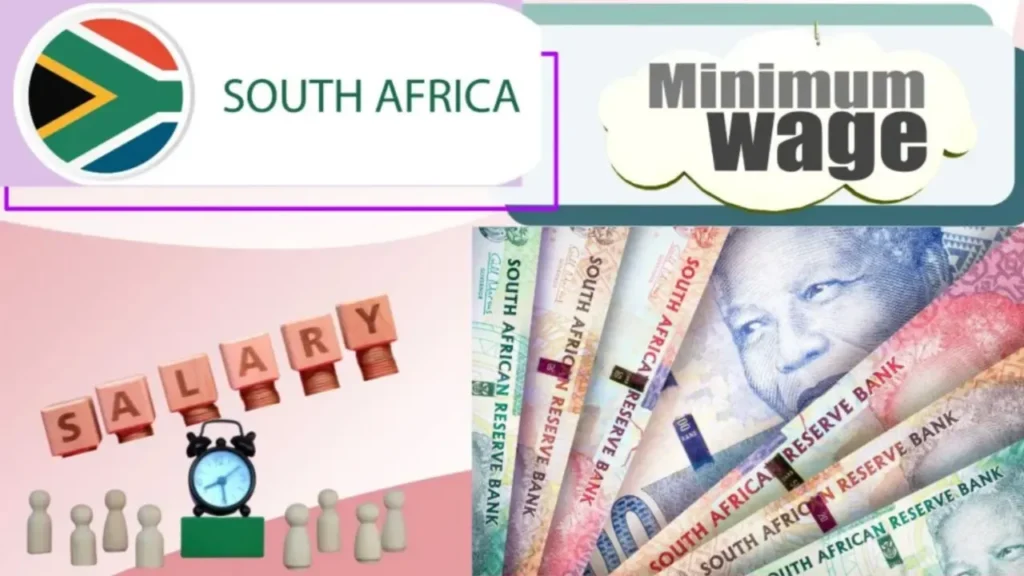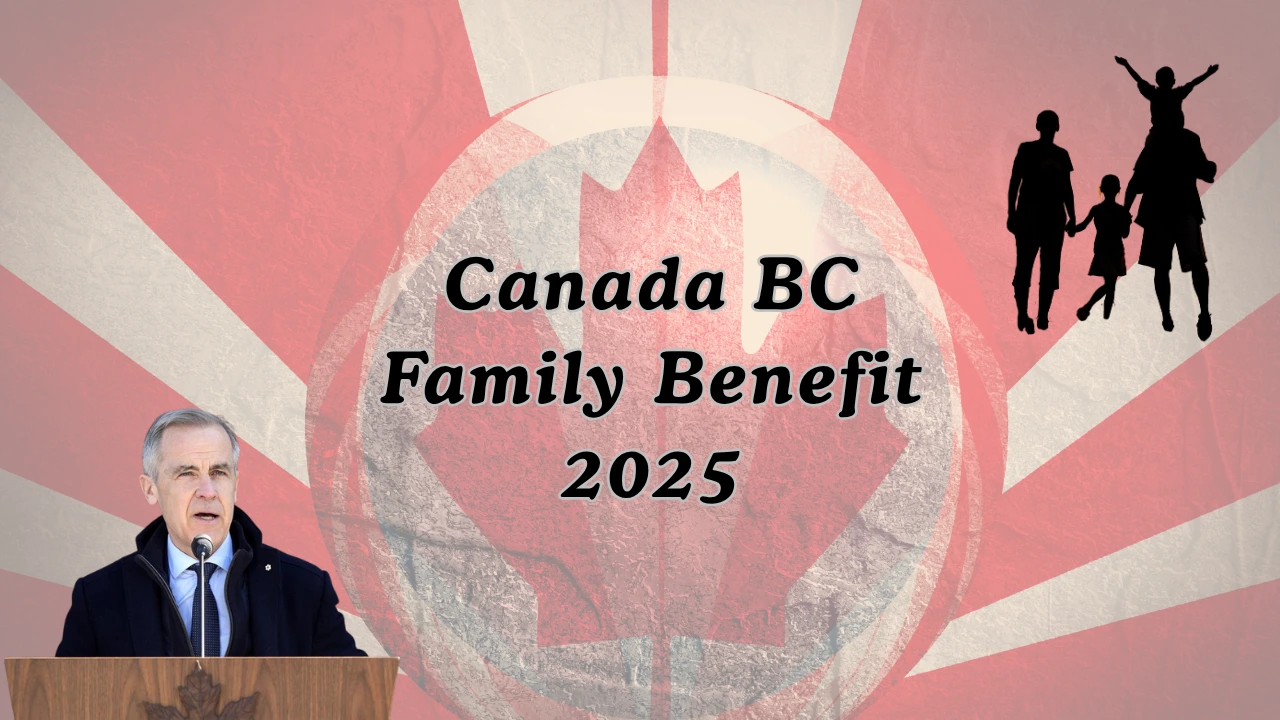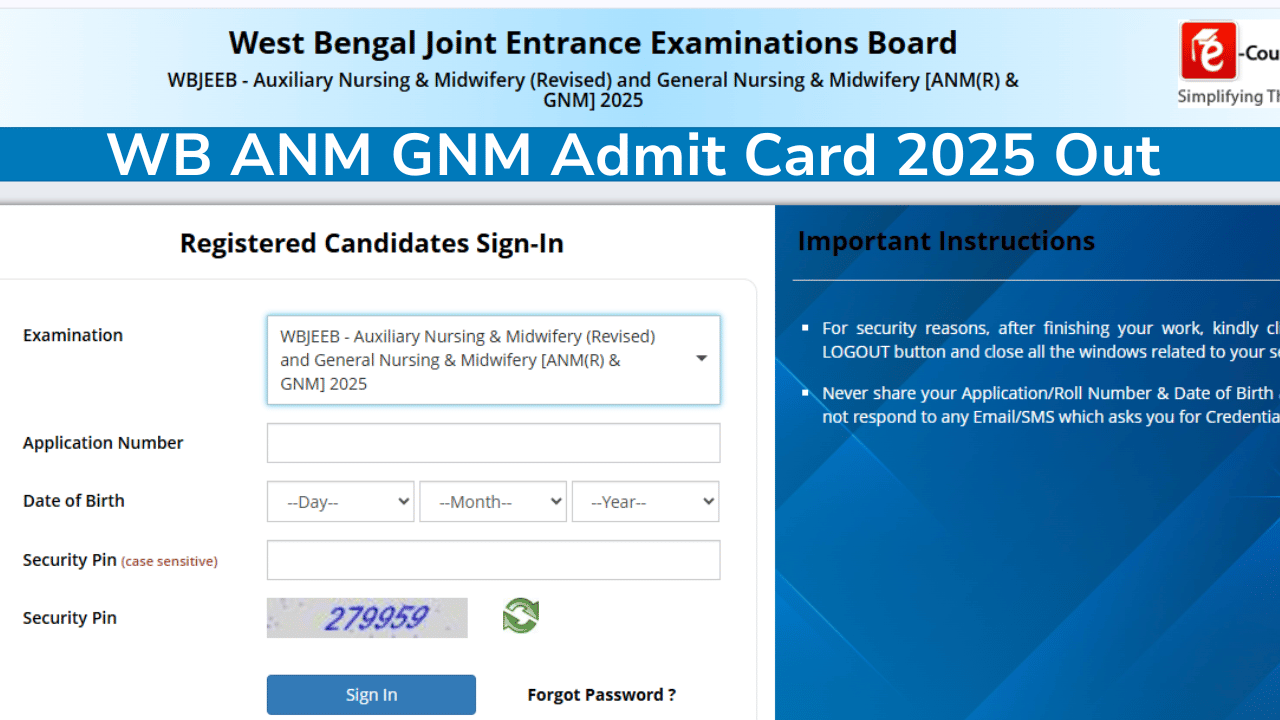South Africa Minimum Wage Update 2025. In 2025, South Africa’s unofficial sector plays a big role in keeping the economy steady and reducing income inequality. Many industries are working to keep workers employed by giving them better pay, so people can better handle rising living costs.
The government has made changes to the national minimum wage, public sector salaries, and employee benefits. These adjustments aim to improve the lives of millions of South Africans by providing fairer wages and more financial stability.
By doing this, the government hopes not only to help workers but also to grow the economy. The improved pay helps people afford their daily needs and keeps them motivated to stay in their jobs.
This article explains the main wage changes and how they affect workers across different sectors in 2025. Make sure to read carefully to understand these important updates.
Overview of the South Africa Minimum Wage Update
| Program Name | South African Minimum Wage Update |
| Administered By | South African Social Security Agency |
| Beneficiaries | Employees who are eligible |
| Mode of Payment | Cash or direct deposit |
| Duration of Payment | Monthly |
| Post Category | Monthly |
| Official Website | www.labour.gov.za |
South Africa Minimum Wage in 2025: Know New Rates & What It Means
In South Africa, the minimum wage is the lowest amount that employers are legally allowed to pay workers per hour, day, or month. It was first brought in back in 2019 to stop the unfair treatment of low-paid and vulnerable workers, help fight poverty, and make sure fair working conditions are followed.
Each year, the National Minimum Wage Commission looks at things like job levels, the cost of living, and inflation before deciding whether the wage should go up. The new wage in 2025 has been increased from the old rate of R27 per hour to R58.79 per hour.
This updated rate is meant for most workers in nearly all sectors. Though there are some exceptions, like those working under special programs such as the EPWP, the new rate will generally apply across the country unless other agreements or sector-specific rules say otherwise.
Who Qualifies for the South Africa National Minimum Wage in 2025?
The eligibility requirements for the South Africa National Minimum Wage in 2025 are as below.

- It applies to all types of workers, full-time, part-time, temporary, seasonal, and casual.
- Covers all industries, including:
- Agriculture
- Retail
- Manufacturing
- Domestic work
- Hospitality
- Service sectors
- Includes workers hired directly by employers or through labour brokers or contracts.
- Covers all age groups and genders.
- Exception: Some students in learnership programmes may not qualify under the standard NMW.
- The minimum wage is applicable in all provinces across South Africa.
How did the Minimum Wage Increase Could Affect South Africa’s Economy?
The new minimum wage increase in South Africa is expected to have both good and tough effects on the economy. On the bright side, workers will have more money to spend, which could lead to more buying and help the economy grow. This extra spending might even push up the country’s GDP by around 1.2%.
But, not all of it is positive. Small businesses may struggle to afford the higher wages, and this could cause some stress for them. To help with that, the government might need to offer support or subsidies, or bring in the new rates in phases instead of all at once. There is also a chance that if wages rise faster than how much workers are producing, it might lead to inflation. That could affect the economy’s stability in the long run.
South Africa 2025 Minimum Wage Update by Sector
The national minimum wage has increased across various sectors in South Africa for 2025. Below is a breakdown of the old and new wage rates for different types of workers:
| Sector | Previous Wage (per hour) | New Wage (per hour) |
| General Workers | R27.58 | R28.79 |
| Farm and Domestic Workers | R27.58 | R28.79 |
| Expanded Public Works Programme | R15.16 | R15.83 |
| Contract Cleaning (Major Cities) | R30.36 | R31.69 |
| Contract Cleaning (Other Areas) | R27.58 | R27.89 |
| Contract Cleaning (KwaZulu-Natal) | R29.12 | R30.86 |
| Wholesale and Retail Sector | R27.58 | R28.79 |
This change is meant to improve wages across the board while considering the challenges some sectors might face in keeping up.
Challenges and Concerns Around the 2025 Minimum Wage Increase in South Africa
While the 4.4% wage increase for 2025 seems good on paper, many people feel it may not make a real difference. With rising prices on food, electricity, and transport, a big chunk of that extra pay might get eaten up by inflation. So, it is still not clear if poor families will actually feel better off.
Another issue is enforcing the wage law. In places like farms, households, or informal work, many workers are not properly protected by labour laws, and some are not even seen as official employees. The government’s ability to check and make sure businesses are following the rules is often too weak or underfunded.
There is also concern around the EPWP (Expanded Public Works Programme). The pay under EPWP is much lower than the general minimum wage, which makes people question if it’s fair.
Finally, small businesses might struggle with higher wage bills. To deal with that, they may raise prices, cut staff, or reduce benefits, causing other problems like inflation or job loss in some sectors.
FAQs for South Africa Minimum Wage Update 2025
1. What was the minimum wage before?
In 2024, workers were earning R27.58 per hour as the minimum wage.
2. When did the new rates start?
The updated minimum wage rates came into effect on March 1, 2025.
3. Do farm workers get a different rate?
No, farm workers now earn R28.79 per hour, just like most other sectors.
4. Is there a separate rate for domestic workers?
No, domestic workers also receive R28.79 per hour, same as the national minimum wage.
5. What’s the wage under the EPWP program?
Workers under the Expanded Public Works Programme (EPWP) are paid R15.83 per hour in 2025, which is lower than the general rate.






